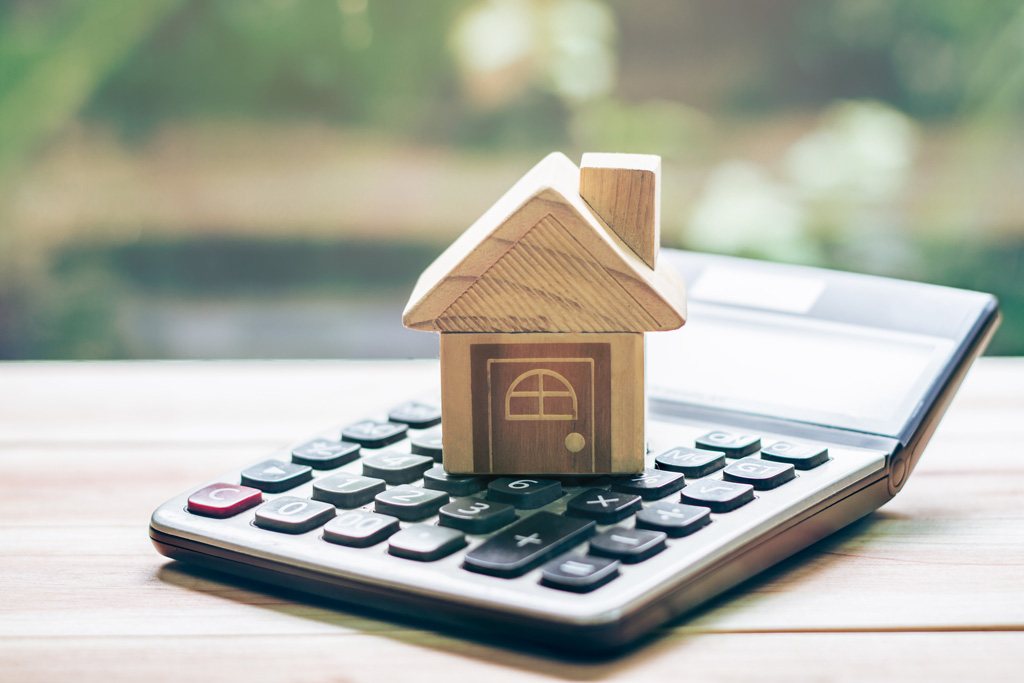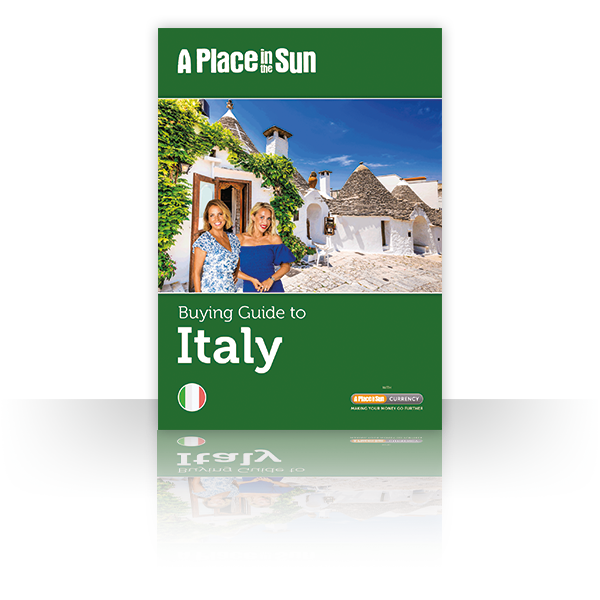-
Find your place in the sun
- Home
-
Property Search
- Property Search
-
Property in Spain
- Property in Spain
- Almeria
- Costa Blanca
- Costa del Sol
- Costa Brava
- Costa de la Luz
-
Costa Tropical
- Costa Tropical
- La Herradura
- Almuñécar
- Salobreña
- Motril
- Murcia
- Valencia
- Inland Andalucia
-
Canary Islands
- Canary Islands
- Tenerife
- Fuerteventura
- Lanzarote
- Gran Canaria
- Balearic Islands
- All Areas
- Property in France
-
Property in Portugal
- Property in Portugal
- Algarve
- Albufeira
- Lagos
- Lisbon Coast
- Silver Coast
- All Areas
- Property in Italy
-
Property in Greece
- Property in Greece
- Aegean Islands
- Corfu
- Crete
- Halkidiki
- Ionian Islands
- All Areas
- Property in Florida
- Property in Cyprus
- Property in Turkey
- Search all countries
- New Developments
- Find an agent in...
- Most Popular Properties
-
-
Help & Guides
- Help & Guides
- How to Buy
- Area Guides
- Free Guide Download
- Professional Services
- Currency
- Mortgages
- Insurance
-
Relocation
- Relocation
-
Moving to Spain
- Moving to Spain
- Buying property in Spain
- Living in Spain
- Retiring to Spain
- How to move to Spain
-
Moving to France
- Moving to France
- Buying property in France
- Living in France
- Retiring to France
-
Moving to Portugal
- Moving to Portugal
- Buying property in Portugal
- Living in Portugal
- Retiring to Portugal
-
Moving to Italy
- Moving to Italy
- Buying property in Italy
- Living in Italy
- Retiring to Italy
-
Moving to Cyprus
- Moving to Cyprus
- Buying property in Cyprus
- Living in Cyprus
- Retiring to Cyprus
- Moving to Malta
- Find a Lawyer
- Viewing Trips Guide
- Articles
- Webinars
- New Developments
- Live Events
-
TV Show
- TV Show
- Episodes
- Presenters
- Apply
- Advertise with us
-
- Sign up / sign in
- Currency
- Find an agent
- Advertise with us
Property purchase costs in Italy
 If you're looking to buy a new home in Italy, you'll need to be aware of the fees you will be required to pay throughout the buying process.
If you're looking to buy a new home in Italy, you'll need to be aware of the fees you will be required to pay throughout the buying process.
You can find out what you can expect to pay below.
What are the costs of buying a property in Italy?
The main costs when purchasing a property in Italy are notary fees, taxes and estate agents commission – and collectively they do not make it the cheapest place in Europe.
Allow 10 to 20% of the purchase price for fees, taxes and costs. If you are a cash buyer, there will be fewer buying costs. If you are buying using an Italian loan or mortgage must pay for the atto di mutuo (mortgage contract) to be registered by a notary.
What are the fees when buying a property in Italy?
You can expect to pay fees and/or commissions on the following:
- Notary fees of between 1 and 1.5%, depending on the area, the value of the property and the rates charged by the individual notary.
- Non-Italian speakers will also have to pay for a certified translator when it comes to the final contract.
- Both buyer and seller pay estate agent commission, usually 2 to 3% percent of the real value, not the book value, plus VAT (IVA) of 20%.
- Land registry taxes, the “cadastral” tax, plus 20% IVA on the legal fees are also factored into the overall figure.
What taxes do you pay when buying a house in Italy?
Purchase taxes depend on whether you are buying a first or second home (a holiday home) and whether you are buying from a company rather than from a private seller.
For old properties, registration tax is 3% for those buying their main home, and it must not be classified as a ´luxury´ home. The registration tax for non residents and those buying second homes is 7%, so if you're planning to become a resident in Italy, do so 18 months before buying your home.
The tax is calculated on the declared value of the property and not on the purchase price. Buyers of new properties do not pay registration tax and instead are liable to pay IVA/VAT, which ranges from 4% to 22%. This is 4% for first-home resident buyers, 10% for second-home and non-resident buyers, and 22% on luxury homes. New properties are defined as those dwellings sold within five years of completion of construction or restoration. VAT rates have been frozen at the above rates until 2022.
If you originally decide on a second (holiday) home however it becomes a residential home, or vice versa, you have 18 months to declare this to your notaire who can change this for you and calculate the tax difference (this will incur some additional notaire fees).
What is capital gains tax on property in Italy?
Be aware of capital gains tax – if you pay taxes based on the cadastral price (declared value of the property) and it is much lower than the purchase price, then you sell the property within 5 years, you could be eligible to pay a much larger capital gains tax as you would have created an artificial gain compared to what you have claimed. This would not be an issue if you are selling the property after 5 years, you reinvest the money in Europe within a certain time period or if the property was not your main/only residence.
FAQs: Property purchase costs in Italy
What are the costs of buying a house in Italy?
The costs of buying a house in Italy include the property price, notary fees, taxes, and additional administrative costs. For property for sale in Italy, total expenses typically range from 7–10% of the purchase price for standard residential properties.
How much does it cost to buy property in Italy as a foreigner?
Foreign buyers looking for property for sale in Italy should budget for the property price plus taxes, notary fees, and possible legal or agency fees. Additional costs can include registration tax, VAT on new builds, and mortgage-related fees.
What are notary fees in Italy when buying property?
Notary fees in Italy usually range from 1–2.5% of the property’s purchase price. They cover the legal transfer of ownership and registration. Using a notary is mandatory when purchasing property for sale in Italy. Using your own lawyer is not.
Are there taxes when buying property in Italy?
Yes. Taxes for property for sale in Italy vary depending on whether the property is new or resale. For primary residences, the registration tax is usually 2% of the cadastral value, while second homes are taxed at 9%. VAT applies to new-build properties.
How much does it cost to buy a holiday home in Italy?
The cost of buying a holiday home in Italy includes the property price plus taxes, notary fees, legal fees, agency commissions, and possible renovation costs. On average, foreign buyers should budget 7–10% extra beyond the listed price for property for sale in Italy.
